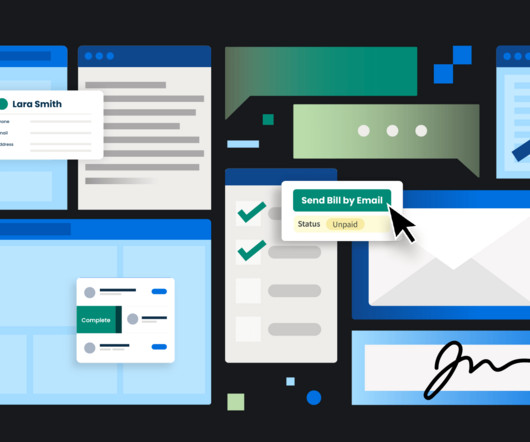Legal Billing Software for Small Firms
Lawmatics
JANUARY 18, 2024
Legal billing is a fundamental aspect of the legal profession that ensures fairness, transparency, and accountability in financial transactions between attorneys and their clients. What is Legal Billing? Legal billing is the process of invoicing clients for legal services provided by attorneys or law firms.



















Let's personalize your content